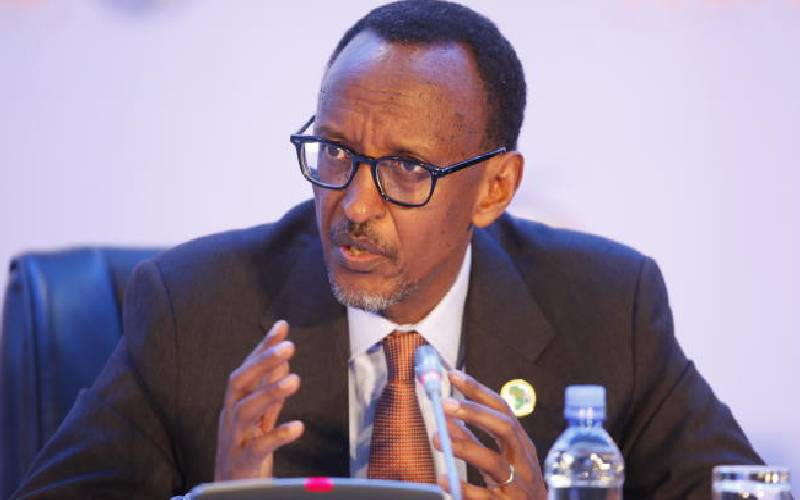×
The Standard e-Paper
Stay Informed, Even Offline

Rwanda’s Paul Kagame, like Singapore’s Lee Kuan Yew, fits the bill. [Photo, Standard]
I don’t give a flying fig about so-called benevolent dictators, although my dear friend Donald Kipkorir, the estimable lawyer, seems to love them.